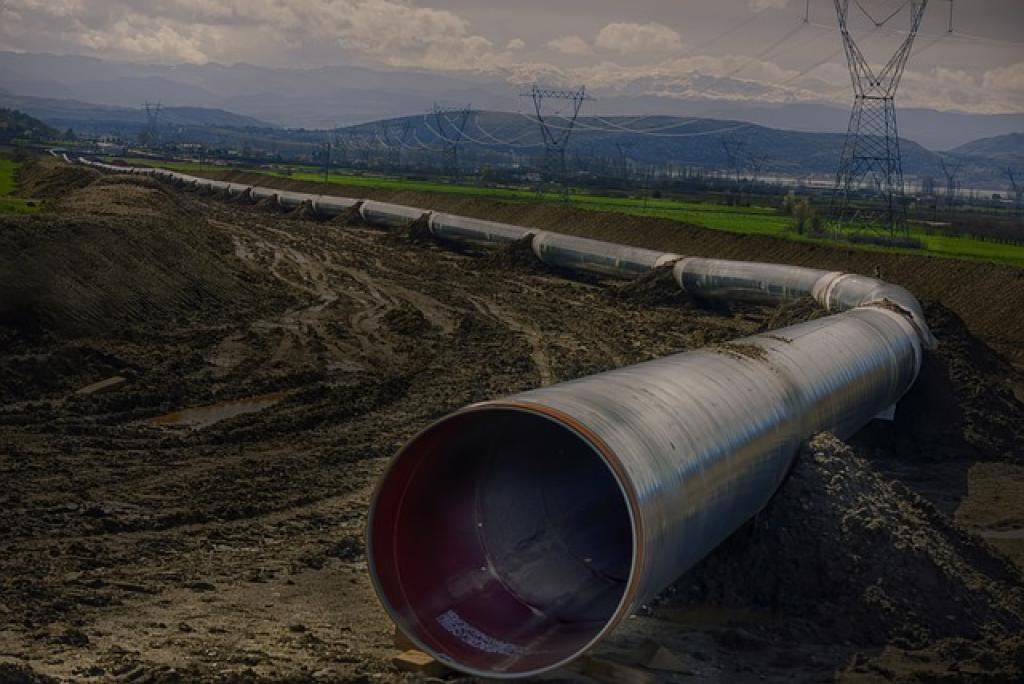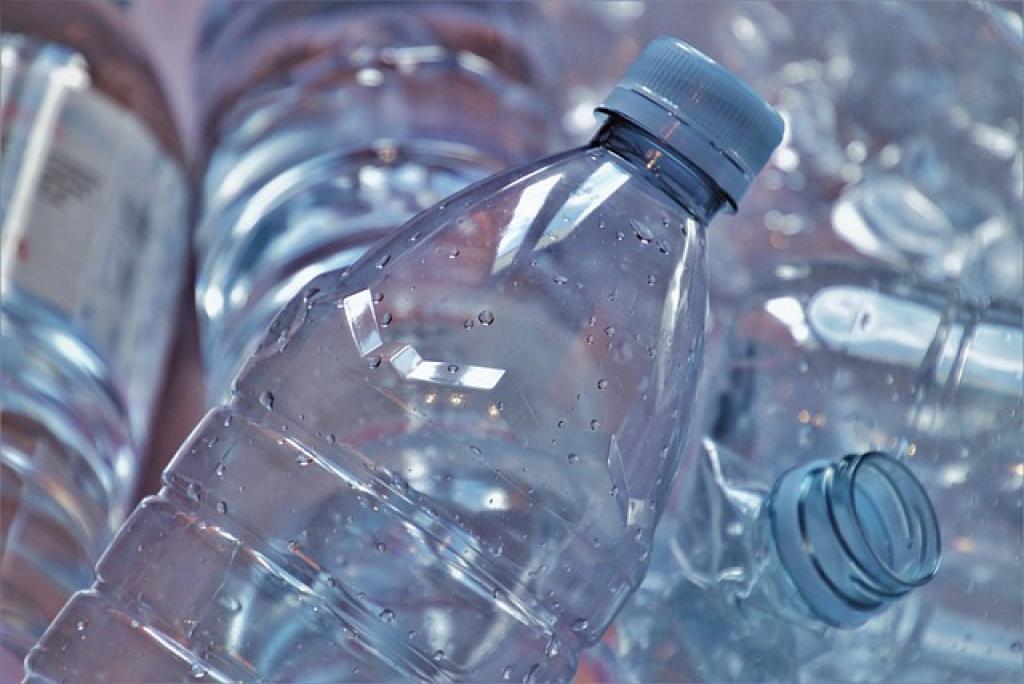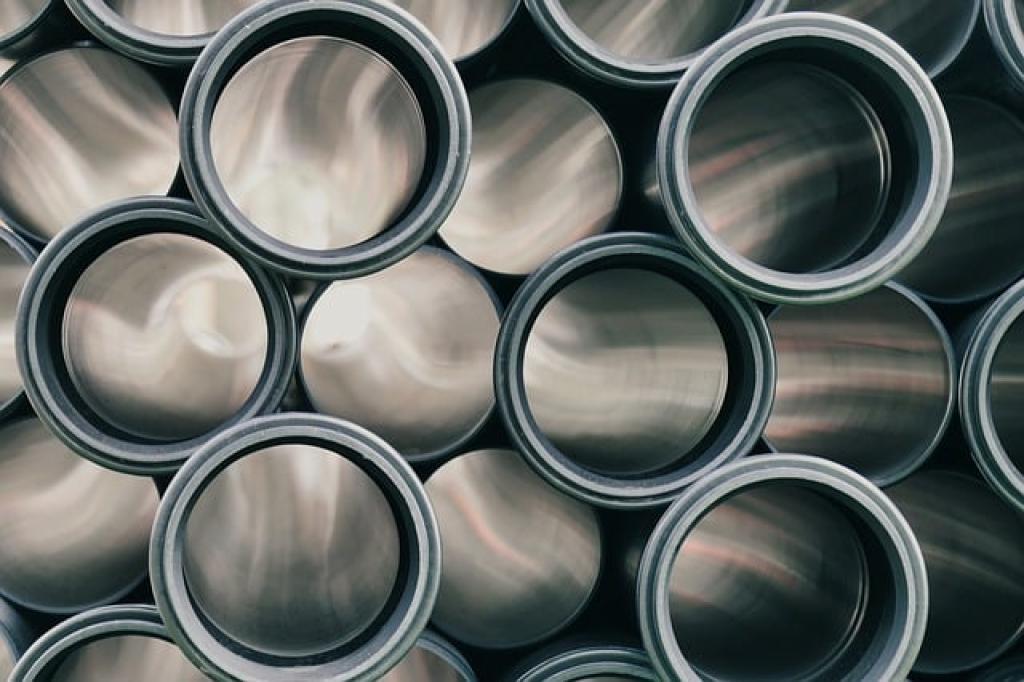It’s in our lotions, our shampoos, and even our household cleaners—petroleum-based products have seeped into every aspect of our daily lives. But have we ever stopped to consider the true cost to our health and the environment?
These everyday items often contain hidden hazards that can affect our skin, respiratory system, and overall well-being. Beyond personal health, the production and disposal of petroleum products contribute significantly to environmental pollution and global warming.
The next time you reach for that sleek bottle on the shelf, take a moment to consider the impacts. Understanding the dangers of petroleum-based products is the first step towards making more informed and safer choices for ourselves and our planet. Let’s dive into the details and explore why it might be time to ditch these harmful substances for good.
The Environmental Impact of Petroleum-Based Products
Petroleum-based products start harming the environment from the moment they are extracted. The drilling process releases harmful chemicals into the air and waterways, disrupting ecosystems and contaminating water supplies.
Air and Water Pollution
Refining petroleum involves significant energy usage and results in the release of pollutants into the atmosphere. These pollutants contribute to smog formation, acid rain, and respiratory issues in humans and animals. Furthermore, oil spills continue to wreak havoc on marine life and coastal habitats.
Waste and Recycling
Once used, many petroleum-based products do not decompose naturally. Plastic waste, in particular, clutters our oceans and landscapes, posing serious threats to wildlife. Recycling efforts exist, but they are far from perfect, and a large portion of plastic waste still ends up in landfills or the environment.
Reducing our reliance on petroleum-based products can significantly mitigate these environmental issues. By opting for alternatives, we not only protect our health but also contribute to a more sustainable and eco-friendly future.

Potential Health Risks Associated with Using Petroleum-Based Products
Petroleum-based products can pose several health risks that may not be immediately obvious. One of the most concerning aspects is the presence of harmful chemicals like benzene, toluene, and xylene, which are often found in products such as certain plastics, cosmetics, and cleaning agents.
Skin and Respiratory Issues
These chemicals can cause skin irritation and allergic reactions. If they come into contact with skin, they may lead to rashes or dermatitis. Inhalation of fumes from these products can also result in respiratory issues such as asthma, bronchitis, or other lung conditions.
Long-Term Health Concerns
Long-term exposure to petroleum-based products may have severe health consequences. Some of these substances are classified as carcinogens, meaning they can increase the risk of developing cancer. Prolonged exposure can also affect the nervous system, leading to headaches, dizziness, and even memory problems.
Reducing the use of petroleum-based products in daily life can minimize these health risks. Switching to eco-friendly and natural alternatives is not only safer for the environment but also for your well-being.
Alternatives to Petroleum-Based Products for a Greener Future
Switching to alternatives that are kinder to both your health and the environment is easier than you might think. For starters, look for products made from natural ingredients. For example, many skincare products now use plant-based oils like coconut, almond, or jojoba oil instead of petroleum jelly.
For household cleaning, consider using products made with vinegar, baking soda, and essential oils. These not only clean effectively but also reduce your exposure to harsh chemicals. Plus, they smell amazing!
In terms of plastics, biodegradable and compostable options are becoming more widely available. Items made from materials such as corn starch, hemp, or bamboo break down quicker and are less harmful to the planet.
Switching to alternative fuels is also a step in the right direction. Electric vehicles and those running on biofuels produce fewer emissions compared to their petroleum-based counterparts, reducing air pollution and your carbon footprint.
By making small, conscious choices every day, you can contribute to a greener future while also protecting your health. Every little bit helps, and collectively, we can make a significant impact.
The Link Between Petroleum-Based Products and Climate Change
Petroleum-based products play a significant role in driving climate change. When we burn fossil fuels such as oil, coal, and natural gas, it releases large amounts of carbon dioxide (CO2) into the atmosphere. This greenhouse gas traps heat, leading to global warming and altering weather patterns.
Manufacturing these products also consumes a lot of energy, often from non-renewable sources. This process not only depletes natural resources but also emits pollutants that contribute to air and water pollution, impacting ecosystems and human health.
Additionally, the extraction and transportation of petroleum can lead to devastating spills and leaks. These environmental disasters harm marine life, destroy habitats, and take years—or even decades—to fully recover from.
Our reliance on petroleum-based products hence creates a cycle that perpetuates environmental harm. By understanding this link, we can prioritize sustainable choices and press for systemic changes that reduce our carbon footprint.
Every step towards reducing dependence on petroleum, whether it’s through using alternative products or adopting renewable energy, brings us closer to mitigating climate change’s impact. It’s crucial for the health of our planet and future generations.
Industry Regulations and Oversight of Petroleum-Based Products
Governments worldwide have established various regulations to control the production, distribution, and consumption of petroleum-based products. These rules aim to reduce the environmental impact and ensure public safety.
From stringent emission standards for vehicles to restrictions on drilling and extraction practices, these regulations seek to minimize pollution and safeguard natural habitats. Agencies like the Environmental Protection Agency (EPA) in the U.S. monitor compliance and enforce penalties for violations.
International Agreements
On a global scale, agreements like the Paris Agreement unite countries in the fight against climate change. By setting emission reduction targets, these treaties encourage nations to transition to cleaner energy sources and adopt more sustainable practices.
However, enforcement can be challenging. Industries often lobby against strict regulations, arguing that they increase costs and hinder economic growth. Despite these challenges, continuous public pressure and scientific advocacy are vital in pushing for stronger oversight.
Technological Innovations
Innovation plays a crucial role in meeting regulatory requirements. Advancements in technology, such as carbon capture and storage (CCS) and renewable energy sources, help industries reduce their carbon footprint and comply with environmental laws.
Conclusion: Moving Towards Sustainable Choices
As we reflect on the impact of petroleum-based products, it’s clear that the stakes are high. From environmental harm to health risks, the cost of relying on these products is immense. However, awareness is the first step towards making better choices.
Transitioning to sustainable alternatives isn’t just a possibility; it’s a necessity. Simple changes, like opting for electric vehicles or supporting clean energy, can significantly reduce our carbon footprint. Coupled with this, innovation and technology continuously offer new solutions that make sustainable living more accessible.
Governments and industries have a crucial role to play. The enforcement of stringent regulations and the promotion of greener practices are essential. Simultaneously, as consumers, we can demand better choices and support companies that prioritize sustainability.
It’s also important to stay informed and engaged. By educating ourselves and others about the benefits of sustainable products, we can collectively drive change. Small actions, such as reducing plastic use or choosing eco-friendly products, contribute to a larger impact.
In conclusion, moving towards sustainable choices is not just an individual effort but a collective responsibility. We possess the power to shape a healthier, cleaner world for future generations. Let’s embrace this opportunity to make a meaningful difference and commit to being part of the solution.






